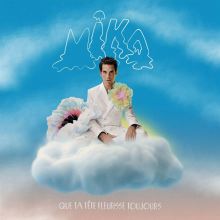Pop/Rock
•
Foreign Language Rock
French Pop
French pop grew primarily out of the cabarets and music halls of turn-of-the-century Paris, and has of course shifted and evolved with new popular trends over the years. The best French pop usually has an elegant, refined sound, but without coming off as distant or unemotional; in fact, the dominant feeling of each song -- romantic longing, nostalgia, sentimentality, eroticism, etc. -- is usually played to the hilt, while retaining the music's Continental stylishness. Prior to World War II, French pop was rooted both in cabaret singing and in the sort of traditional orchestral pop common in the U.S. as well. Performers like Maurice Chevalier and the much-beloved Edith Piaf got their start in this format, becoming wildly popular in their home country and achieving recognition across national borders as well. In the mid-'50s, Belgian-born singer/songwriter Jacques Brel brought a new literacy, wit, and social consciousness to French pop, and became a national legend for his edgy takes on post-WWII society; translated versions of his songs occasionally found their way into the hands of English-speaking pop and rock artists (from Scott Walker to Frank Sinatra) as well. Although French pop continued to be dominated by the cabaret tradition, the sound of American and British pop/rock began to creep in during the '60s. Most of the rock & roll rhythms weren't of the hard-driving variety -- rather, they drew from more compatible styles like American girl-group pop (especially singer/songwriter Françoise Hardy), pre-British Invasion dance crazes like the Twist, and the orchestrated, groovy, swinging-London sound of British singers like Petula Clark. Actress and international sex symbol Brigitte Bardot launched her singing career in this fashion with the help of songwriter Serge Gainsbourg; as a performer, Gainsbourg quickly became a European superstar in his own right, thanks to the simmering eroticism of his arrangements and rhythm tracks, not to mention the outrageous provocations of his lyrics and album concepts. Rock & roll and club-oriented dance music eventually eroded French pop's hegemony both in France and in other parts of Europe, but classic performers who have managed to stick around can still command sizable audiences.

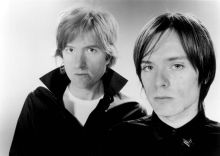



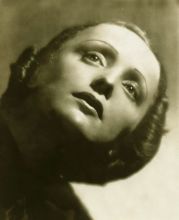








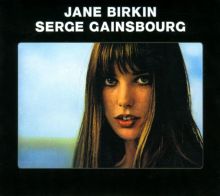
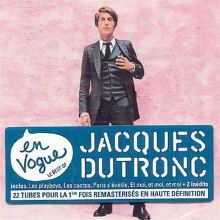
![Françoise Hardy [1962]](https://fastly-s3.allmusic.com/release/mr0004371536/front/220/w9rDj7F620rWq3-thvMTwSpQg_7iAU1wjqLgK_xGXts=.jpg)
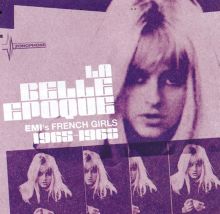

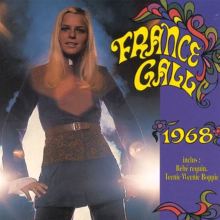
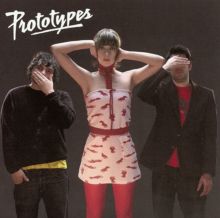
![Jacques Dutronc [1968]](https://fastly-s3.allmusic.com/release/mr0001275265/front/220/KSLHRXJmlDRCL9o6vLaG0IAf7E_1E-2MlBBPmPAXRBU=.jpg)
